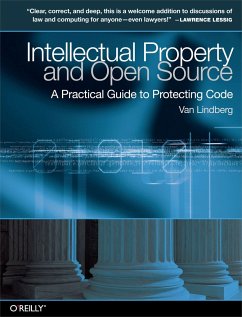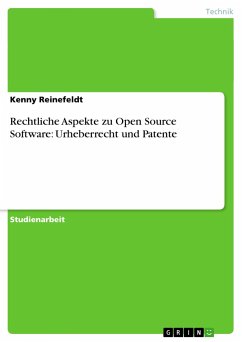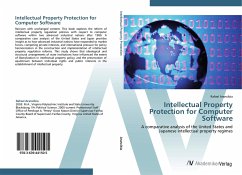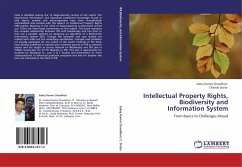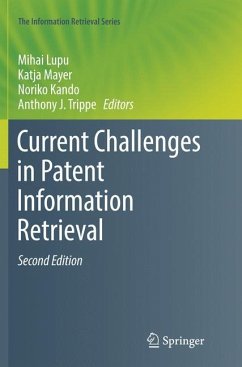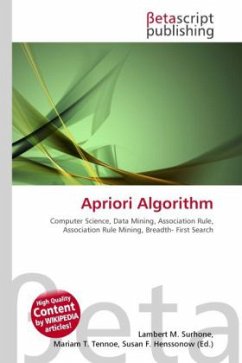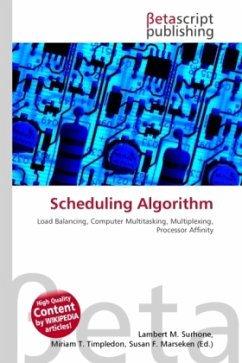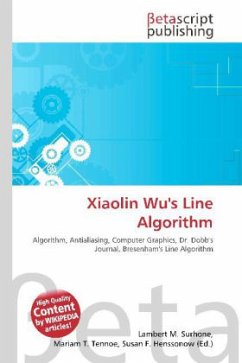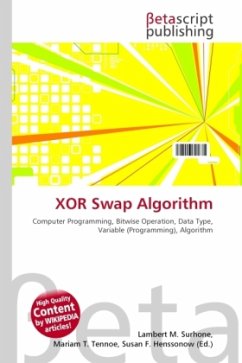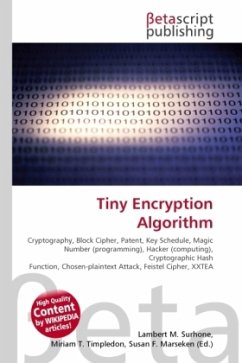
Tiny Encryption Algorithm
Versandkostenfrei!
Versandfertig in 6-10 Tagen
23,99 €
inkl. MwSt.

PAYBACK Punkte
12 °P sammeln!
High Quality Content by WIKIPEDIA articles! In cryptography, the Tiny Encryption Algorithm (TEA) is a block cipher notable for its simplicity of description and implementation (typically a few lines of code). It was designed by David Wheeler and Roger Needham of the Cambridge Computer Laboratory; it was first presented at the Fast Software Encryption workshop in Leuven in 1994, and first published in the proceedings of that workshop. TEA operates on 64-bit blocks and uses a 128-bit key. It has a Feistel structure with a suggested 64 rounds, typically implemented in pairs termed cycles. It has ...
High Quality Content by WIKIPEDIA articles! In cryptography, the Tiny Encryption Algorithm (TEA) is a block cipher notable for its simplicity of description and implementation (typically a few lines of code). It was designed by David Wheeler and Roger Needham of the Cambridge Computer Laboratory; it was first presented at the Fast Software Encryption workshop in Leuven in 1994, and first published in the proceedings of that workshop. TEA operates on 64-bit blocks and uses a 128-bit key. It has a Feistel structure with a suggested 64 rounds, typically implemented in pairs termed cycles. It has an extremely simple key schedule, mixing all of the key material in exactly the same way for each cycle. Different multiples of a magic constant are used to prevent simple attacks based on the symmetry of the rounds. The magic constant, 2654435769 or 9E3779B916 is chosen to be 232/?, where ? is the golden ratio.



